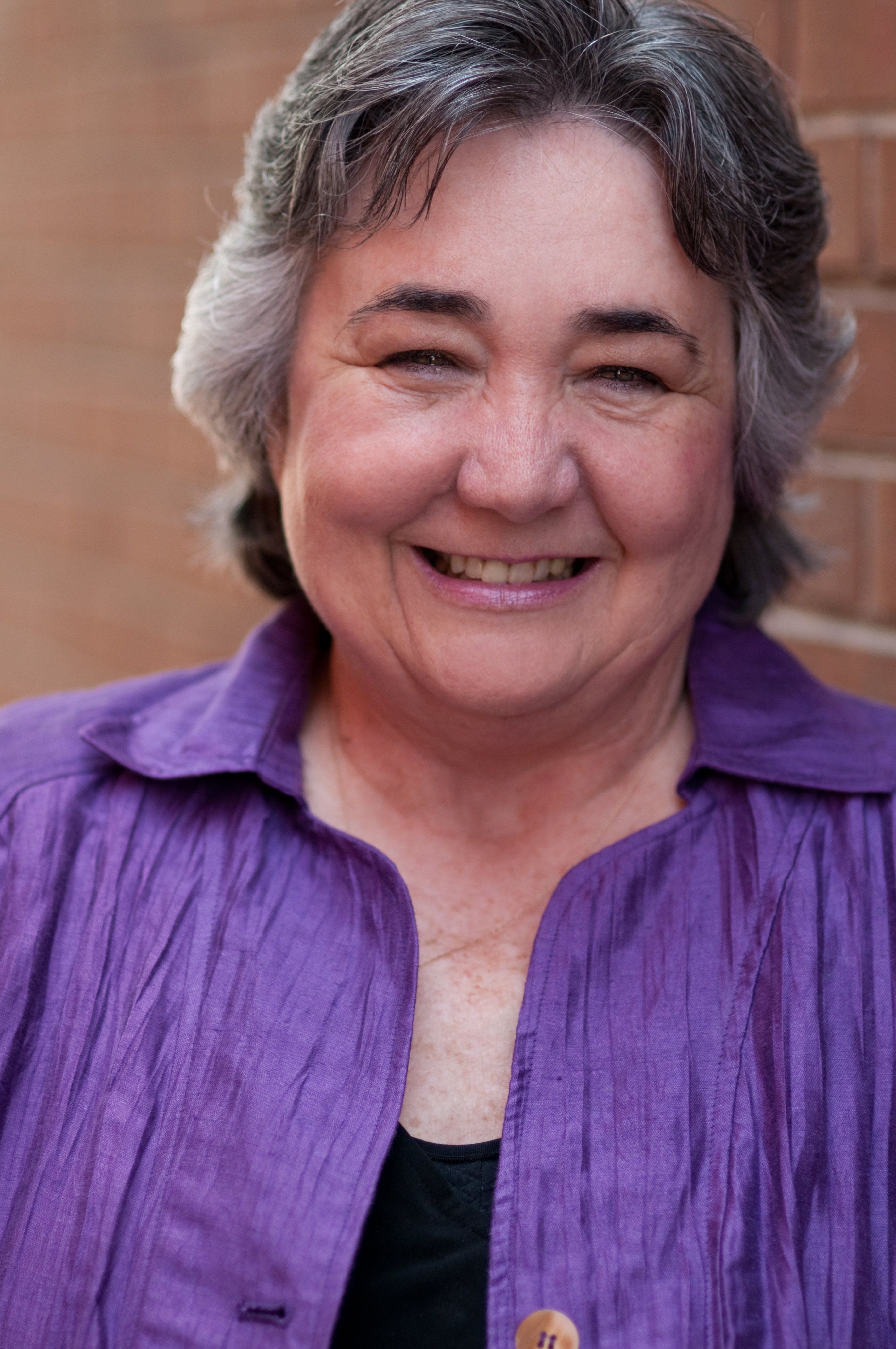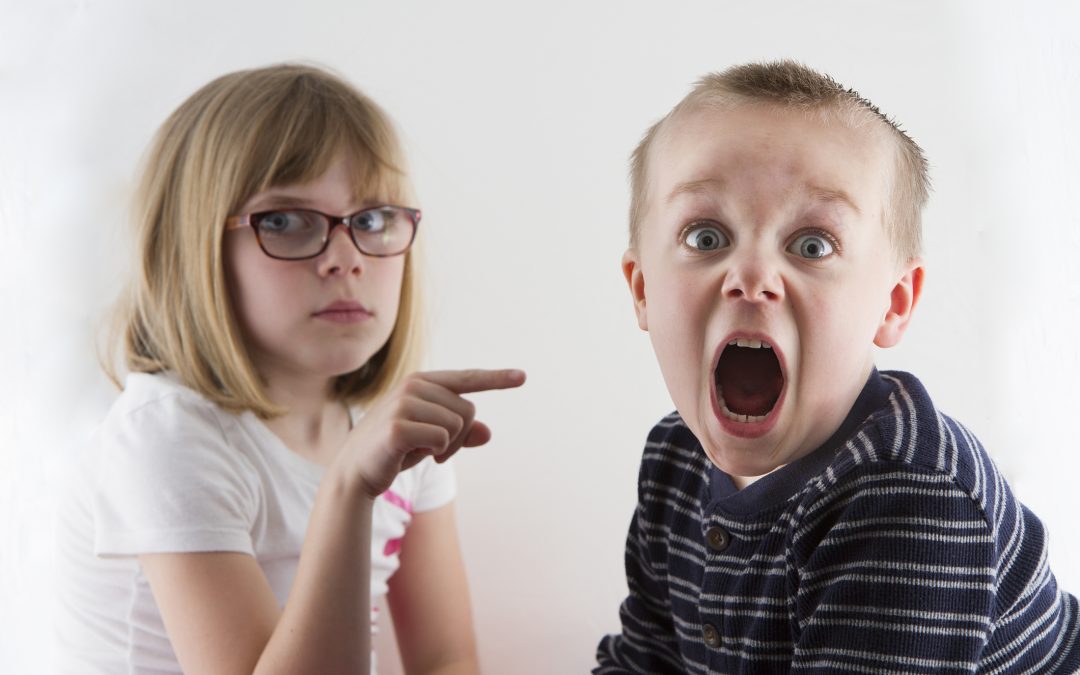“Parents have no power to mold their children’s personalities.”
“Instead, children’s personalities are shaped partly by heredity and partly by their experiences in their peer group.”
“Parents matter less than you think and peers matter more” [in influencing children’s development and behavior].”
These statements were made twenty-five years ago, by prominent psychologist, Judith Rich Harris. She was a respected researcher, and author of several textbooks on child development. Harris’ presentation of this new perspective caused a stir in her field of child development with the publication of her research in 1995 and the subsequent publishing of her book The Nurture Assumption: Why Children Turn Out the Way They Do. (Harris, 1998)[i]
The child development clinical approaches at the time were based on research that had concluded a much heavier, almost primary, emphasis on the influence of parenting. So, to some practitioners and theorists whose work had been based on traditional understanding, Harris seemed to be letting parents off the hook for causal factors and laying them at the feet of peers. Other researchers were early adopters, as reported in Psychology Today, July-August, 1992, (Your Brother’s Keeper –influence of siblings,) took the next steps and pointed out that “the 1990s are shaping up as the time we figured out that kids’ development is deeply influenced by their brothers and sisters, and that siblings may be the source of most individual differences in development.” As the researchers noted, “from 18 months on, children understand how to hurt, comfort, and exacerbate their siblings’ pain, among other things.”
“What’s the point?” the reader who has persevered this far may ask. The point is, if siblings (or the absence of same) have been the greater influence, for better or for worse, in our development, then those of us who have been doing a lot of work in recovery exploring the roots of our parents, always being pointed to childhood, but rarely asked about our relationships with our siblings… well, then, maybe we should find out what we missed. How have our siblings influenced us?
As a Christian and an avid reader of the Bible, I have found it particularly helpful to look for and study the sibling relationships we find in scripture and think and pray about how those stories might influence my thinking about my own childhood and sibling influences. I will point you to a few:
· Isaac and Ishmael—look for the roots of sibling rivalry still tormenting the world today;
· Joseph and his jealous brothers—sold him into slavery, then he ended up rescuing his family from famine;
· Cain and Able—Competition? Jealousy?
For now, I want to share a bit about what I have gleaned from well-designed research studies—I believe God can teach us through science as well as Scripture.
There is a myriad of ways we are influenced by our siblings. What follows are just a few key factors researchers have determined to be influential
- Sibling relationships are by definition “in our face” so to speak, our entire lives, longer than with mothers and fathers, spouses, our own children, and many times longer than most of our friends. It stands to reason, then, that nurture and attending to sibling relationships will be vital to our own well-being… we all know how it gnaws at us if there is something important unresolved in the relationship.
- Even in therapy, most counselors do not readily ask about our interactions with our siblings, — so any issues rooted in childhood episodes involving our sisters and brothers may not come to light for a long time. If in counseling it, or a recovery group, making your relationships with siblings a point of exploration would be a good decision.
- Brother to brother, sister to sister, and all the variables that can be made from the sibling mix we had in our families, make for a complex set of issues. We often have mixed feelings and do not even know why—some feelings are even rooted in pre-verbal times. Finding out what the driving forces of such feelings are and praying through them with a trusted friend or counselor is a healing and freeing experience.
Siblings had an influence on us, and we had an influence on them. Not having siblings are a special challenge for those who were raised an only child. Next article I will explore more specifically how that can look in our lives and how we might address the issues that arise.
[i] The Nurture Assumption: Why Children Turn out the Way They Do, Free Press (New York City), 1998.

Mary Heathman
Founding Director
Make a Difference in Someone's Life
If you enjoy reading WGA’s blogs and would like to show your support, please consider making a donation. Where Grace Abounds is a 501(c)3 non-profit organization. The majority of services, including support groups and discipleship counseling, are provided free of charge. Your financial gifts help to cover the costs associated with offering a free program to those who seek WGA’s services.

